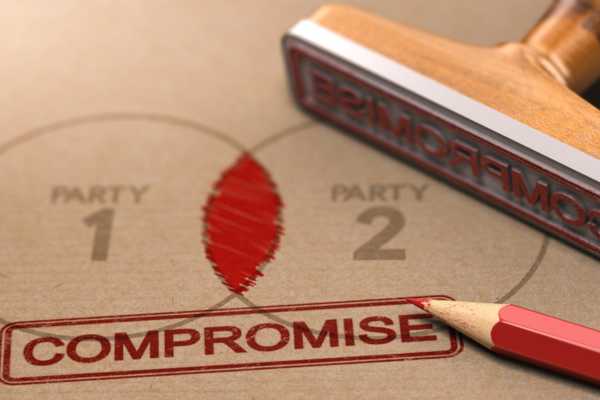Let our expert mediators help with Wills and estate mediation disputes today.

Wills and probates are meant to solve the legal issues surrounding an inheritance but often they can end up complicating the issue even more. This is because the law is designed to solve disputes in a logical manner, but inheritance disputes often have a lot more to do with heightened emotions and hurt feelings, rather than the technicalities of a legal document.
The time of bereavement is hard enough in any case, and the emergence of multiple claims and a disputed will can make the whole situation extremely turbulent. The loss of a loved one and the grief than ensues can end up distorting the perception of close friends and family members.
Many people think that the only solution is to get legal intervention. This can be in the form of formal procedures or a court case which brings the matter under the official jurisdiction of the courts.
In this kind of structured, formal atmosphere, there is no scope for meaningful communications. Instead, the parties involved will simply have to state their case and accept the judgment of an external judge. Of course, there are situations where this process simply cannot be avoided.
However, that is not true of all inheritance disputes. Whether it is a contested will, a controversial probate or an intestate death, mediation can often be a much more effective solution than legal intervention. In fact, many courts choose to recommend mediation before finalising the decision.

MIAMS Mediation also offers many practical benefits. It is much cheaper than going for legal procedures, which typically involve different types of legal fees and costs. Such procedures can also take many weeks, months and sometimes even years, as opposed to mediation which usually does not last more than a few weeks.
At the end of the day, there is nothing to lose when undertaking mediation. It can have many different outcomes. Sometimes, the decision might be completely resolved while in other cases, a part of the dispute might be resolved. It is definitely worth one try as mediation is much less emotionally damaging than a court case.
Need help with a dispute over Wills and Probate call MIAMS today on 03300 101 354
General information about Mediation, Please click the links below to find out more info:
Family’s are deeply affected by divorce or separation, especially when there are children in the family. Often these painful situations can be helped with the supportof a mediator who will hold a Mediation Information Assessment Meeting or MIAM. A MIAM can guide communication and set the tone for the goals of mediation.
When attending a court proceeding on the matter, the family will need to present an FM1 (Family Mediation 1 form) which confirms that a MIAM has been held.
As of April 2014, significant changes were made to the judicial system regarding separation and divorces, particularly where children were involved. These changes ensure that the welfare of the children is paramount, with minimal impact on the children and as little negativity as possible. One of the major changes was a requirement for a mediation session or MIAM to be attended before any court proceedings to do with financial or custody matters (hence the need for a FM1 to be produced).
If the split is acrimonious and both parties find it difficult to be in the same room, as would happen with face to face mediation, it is possible to ask for shuttle mediation.
Shuttle sessions happen when the two parties are seated in separate rooms either virtually or physically and the mediator shuttles between the two, discussing issues and offering solutions.
Shuttle mediation is often a good solution with distance between the parties allowing for rational and reasoned thinking.
[MIAMS Mediators can also help with will disputes: resolving issues between and coming to an acceptable compromise to the conflict that arises as a result of separation.